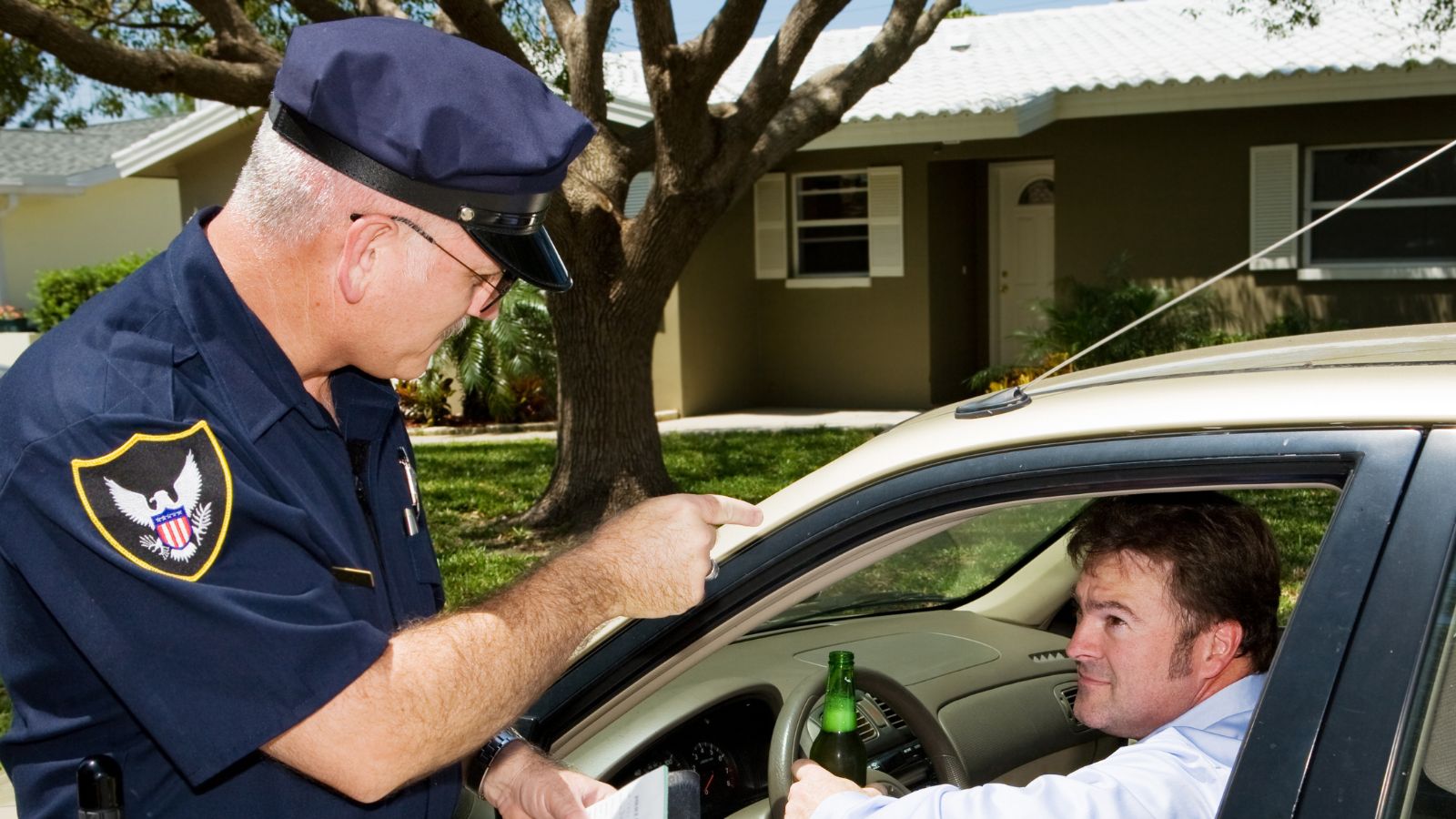Fewer things are as anxiety-provoking as seeing the flashing lights of a police car in your rearview mirror. Even if you don’t think you’ve done something wrong, it is scary. If you do know what you did wrong, you know it's going to be painful. There are routine questions that the police have to ask and some that you have to answer, but not all. If the answers to their questions will lead to more questions, plead the 5th and don't say anything at all.
Do You Have Prior Arrests?
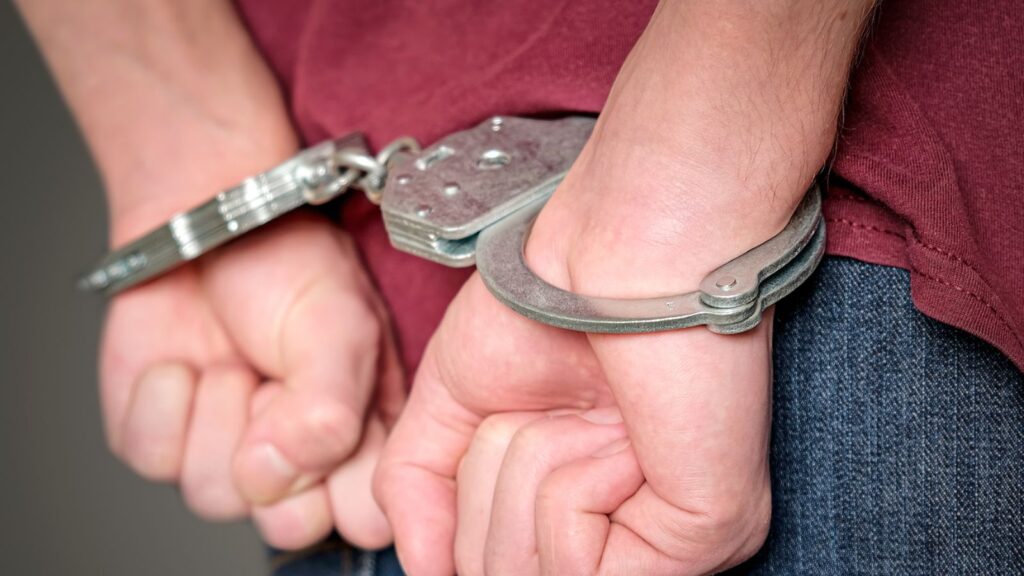
If a police officer pulls you over and asks about past arrests, then it is best not to reply. As a citizen, you are not required to disclose your criminal past or any previous charges. You can simply say something like, “I choose not to answer,” and call it a day. Anything else you say can be used against you, if necessary.
Are You Under the Influence?
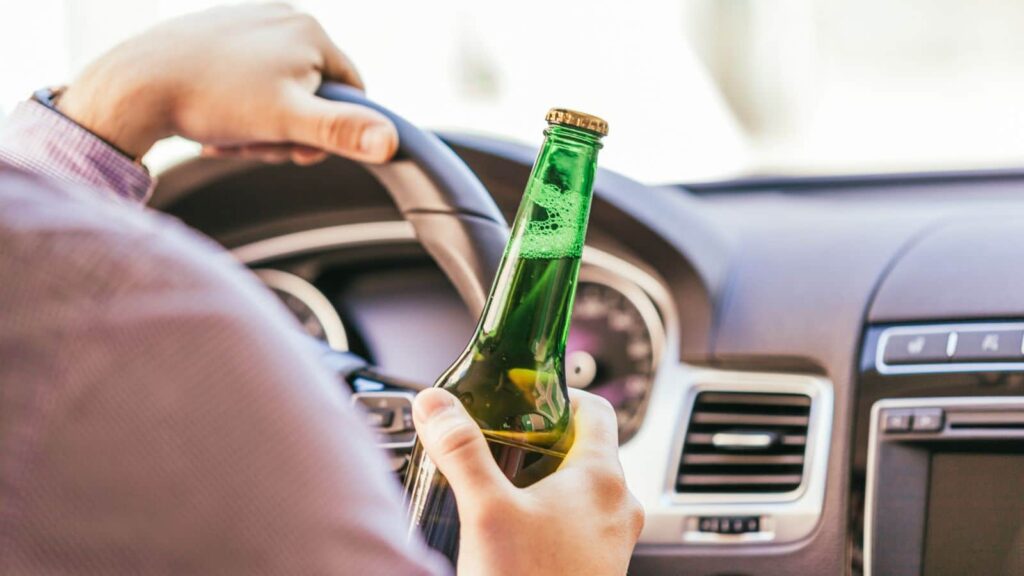
When a police officer pulls you over, they are allowed to ask whatever questions they deem necessary. If they ask you if you have consumed any drugs or alcohol before driving, however, you are under no obligation to answer yes or no. Saying “I am choosing not to answer” politely is enough. If you do acknowledge that you have consumed any substances, then it can lead to confirmation tests. It is always best to say less than to give more information.
What Are You Doing?
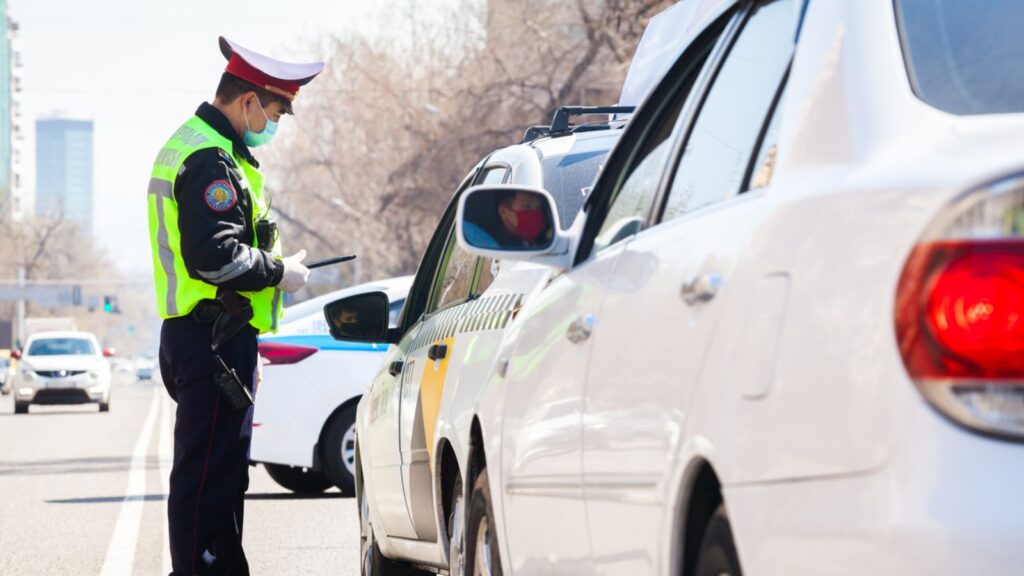
If a police officer asks you the question, “What have you been up to?” You do not have to answer. A standard “I am choosing not to answer” suffices here too. Questions about what you've been doing are not answers that you need to provide under the law.
How Fit Are You to Drive?
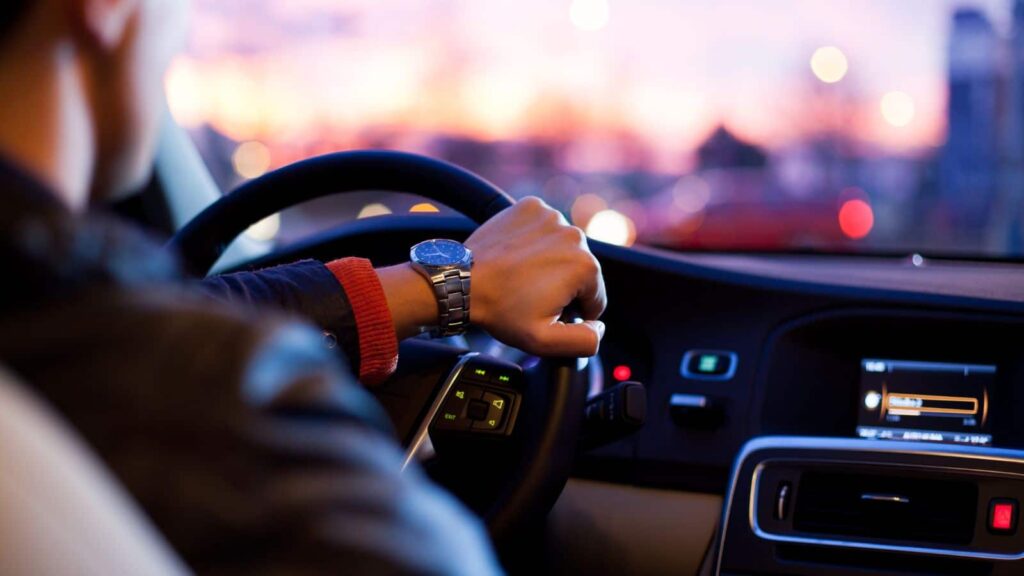
A police officer might ask you questions about whether you are “fit” to drive. Asking questions, such as whether you are experiencing any mental or physical conditions that might impact your driving ability, is common. Instead of answering with any information, it is best to comment that you would rather not comment. If you admit to any underlying condition, then that might lead to further investigation and testing.
Do You Have Any Weapons in the Vehicle?
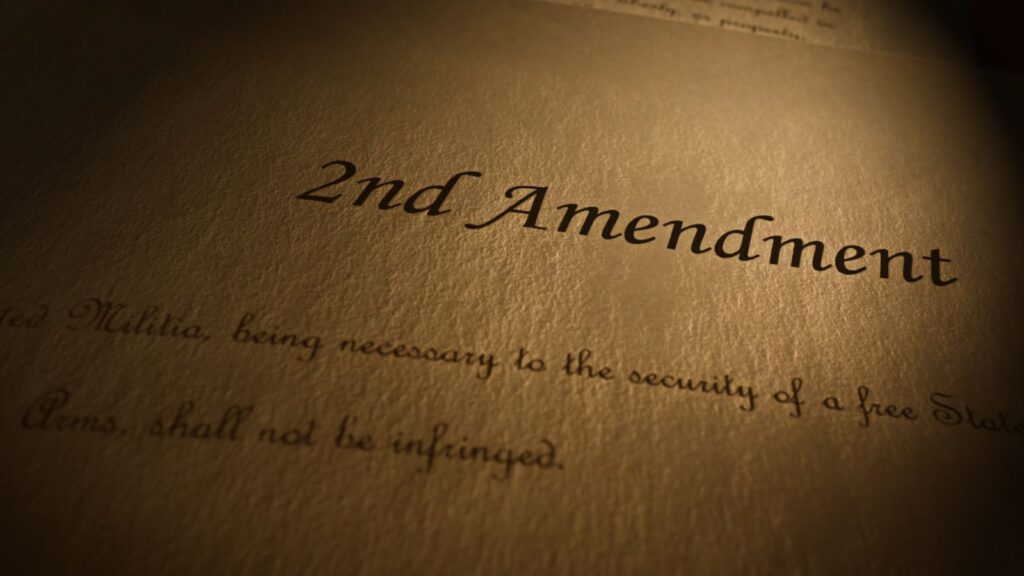
If an officer asks you a question about whether you are carrying any weapons in the vehicle, it might be a better approach to answer the question with a question. Asking if they have a reason to suspect that you might is a great way to shift the question back to the officer. The Fourth Amendment that guarantees guards against unreasonable search and seizure, along with the Second Amendment to bear arms are present to ensure that without just cause, no officer can search your vehicle. Depending on the state, however, you might have to disclose whether you are carrying a weapon. That does not mean, however, that you have to provide consent for searching your vehicle.
Do You Know Why I Stopped You?
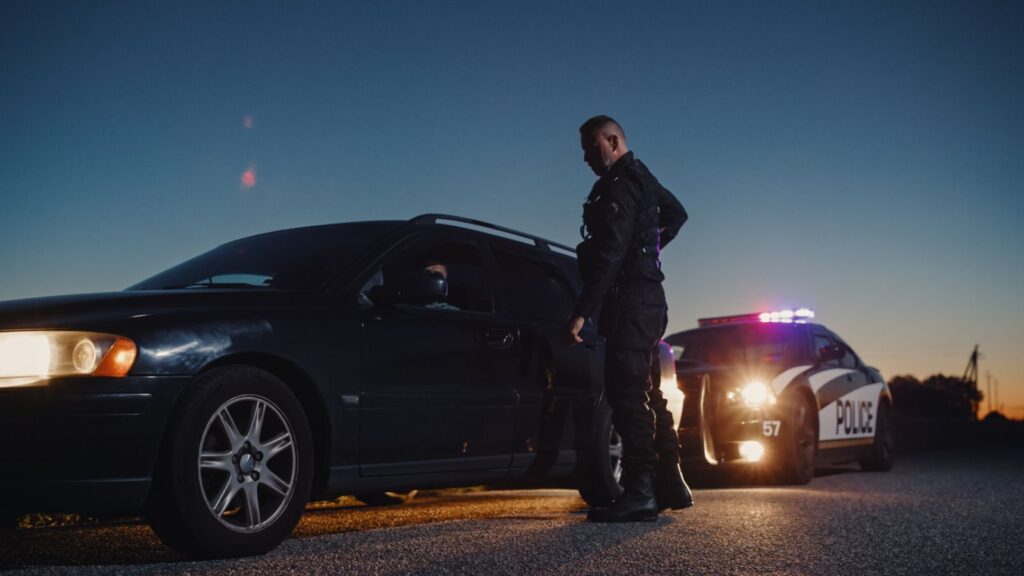
Some police officers will start the dialogue with a question about whether you know why you were pulled over. It is best not to just take a stab at why you might have been pulled over. When you divulge too much information, you give the officer clues that they can use against you. It is best to say, “Can you please explain to me why you stopped me?”. That way, you are only asking for clarification, not having a conversation about why you think you were pulled over or if you think there was a reason to be pulled over.
Is This Your Current Address?
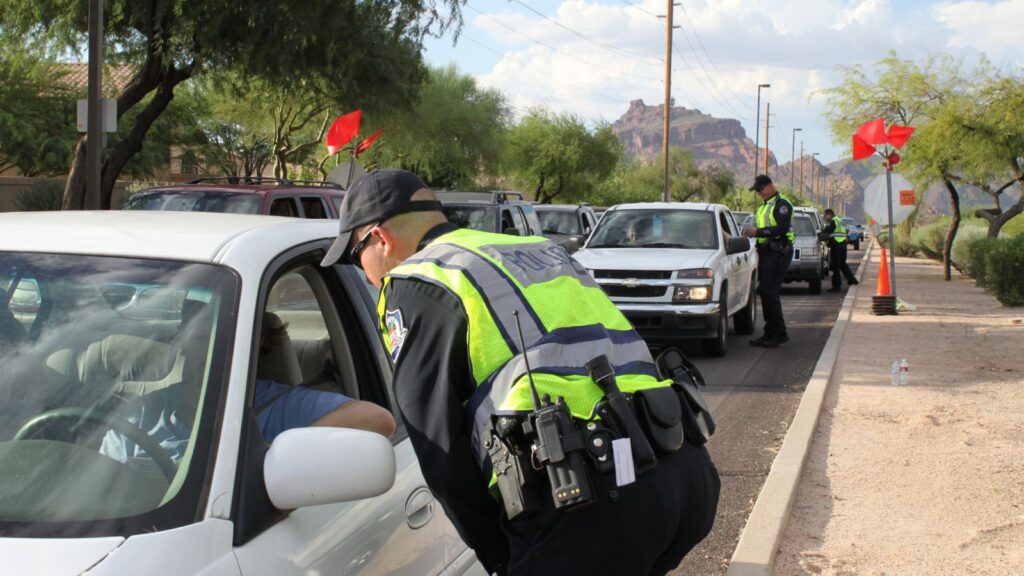
After you hand the officer your license, they might ask you if the address on your license is current. If you are no longer living at the current address, it is best not to give them information to suspect other parts about the legality of your driving. In situations where you are not required to answer, it is best to use the standard “I am choosing not to answer” instead of giving them cause to investigate you further.
What is Your Birthplace?
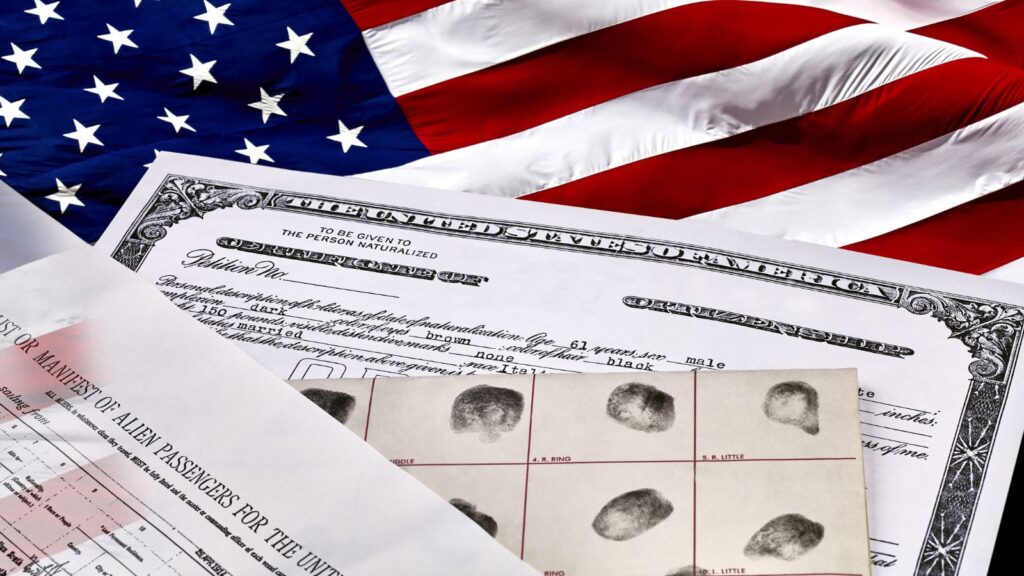
When pulled over, you are not legally obligated to give any information about your birthplace. Although that might not be the case at borders and airports, a routine traffic stop does not obligate you to give your original birthplace or your citizenship.
What is Your Nationality?
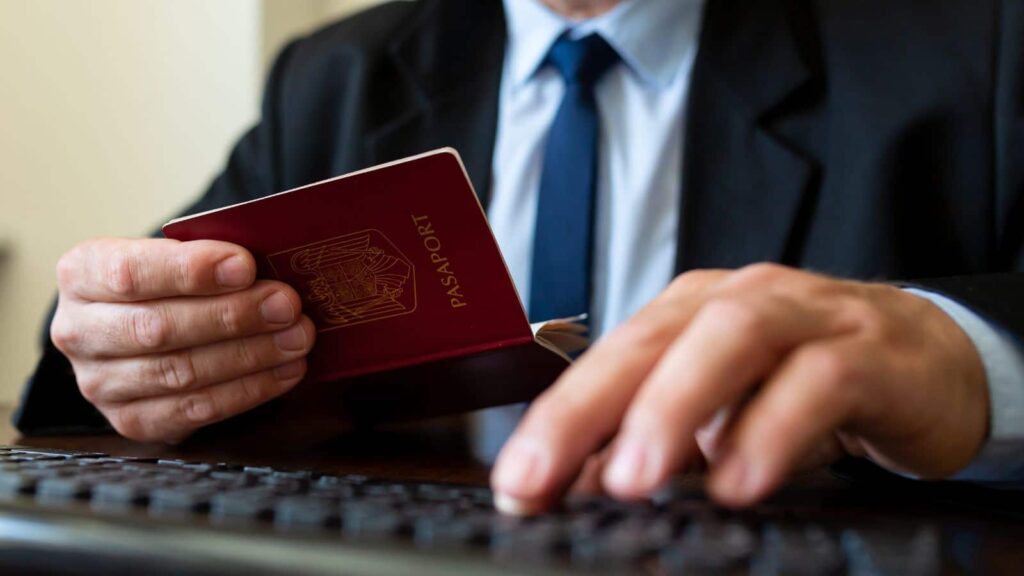
Since 9/11, there have been several stigmas that saying what your nationality might be can cause. You are not legally obligated to give a police officer information about your nationality. As with all of the questions already mentioned, less is always more, and giving someone a reason to suspect you, such as bias against your nationality, is never a good idea.
Why Are You Driving Here?
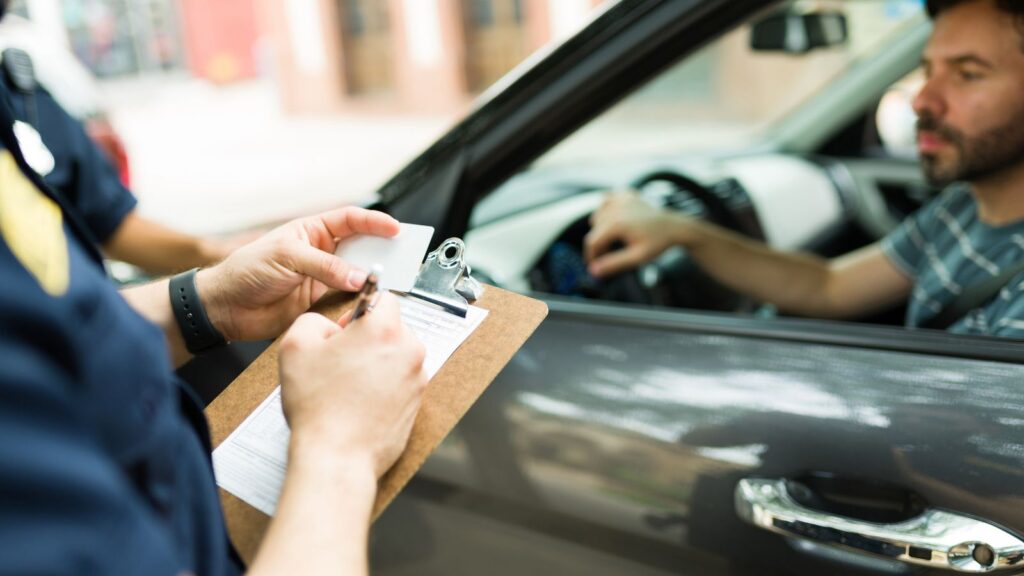
Sometimes, police officers will ask questions not just about what you did before you were pulled over but also why you are where you are. When you are asked why you are in certain areas or what you are doing in certain geographical locations, that is a red flag for discrimination and profiling. You don’t have to tell a police officer why you are in a particular location. It is best to just go with the standard “I am choosing not to answer.” If there is a clear reason that the police officer asks, however, then it is best to just be honest.
Where Are You Headed?
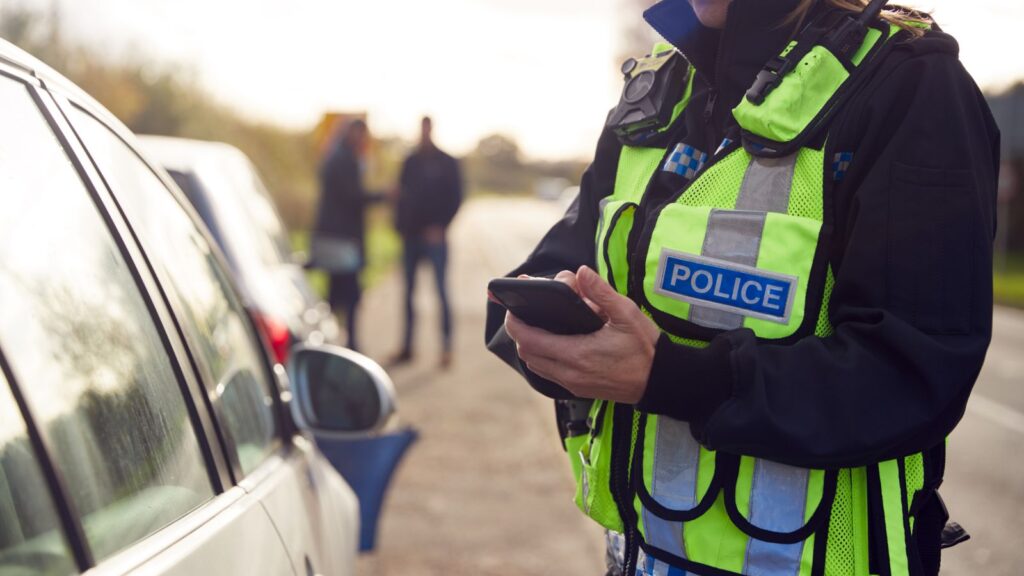
When a police officer asks you where you are going, it is important to keep your answer vague and not give any information about the intended destination or specific location. You only have to give information that is pertinent to the stop. Unless you were speeding because you have an emergency or there is a reason that you are trying to get to an intended location, it is best to go with “I am choosing not to answer.”
Where Are You Coming From?
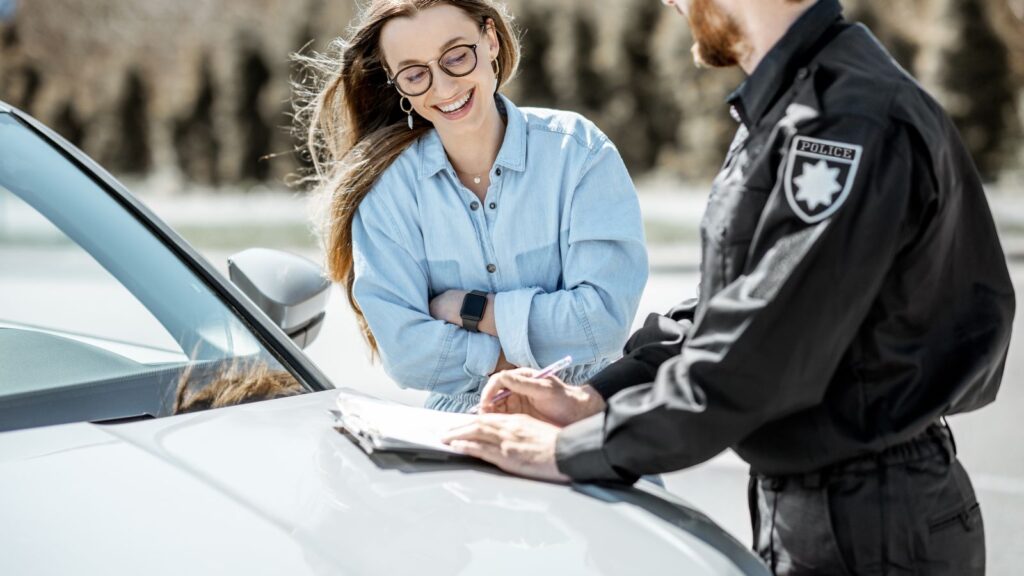
Just like the question about whether you have consumed any drugs or alcohol before driving, the question “Where are you coming from?” can feel like a loaded gun. If you are coming from a celebration or a bar, it is best not to divulge that information. Any specifics about suspicious activity can lead to further investigation and testing.
Did You Know That Window Tinting Is Illegal?
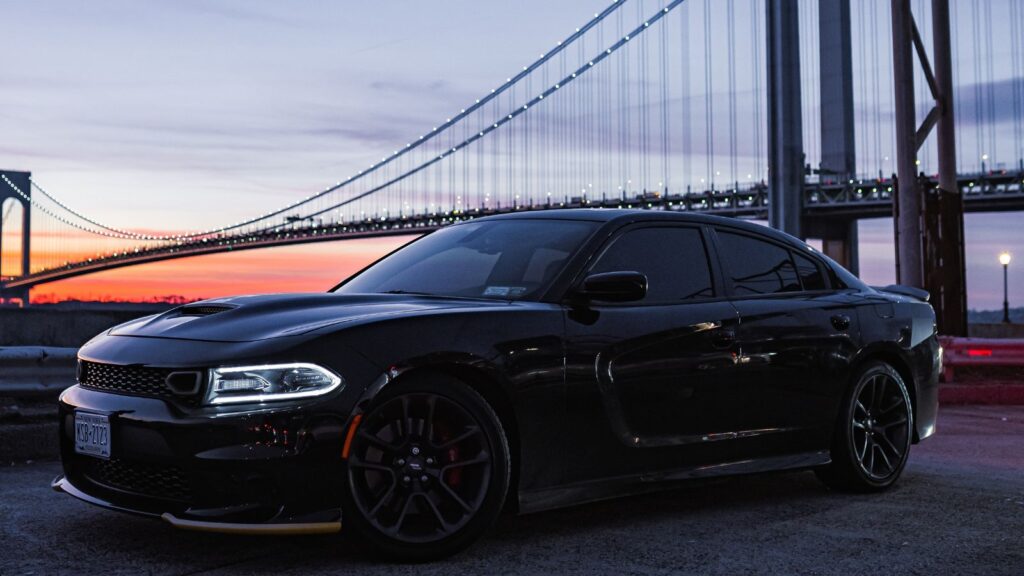
If the police officer is asking whether you know that certain things in or on your car are illegal, then it is best to answer, “I prefer not to answer.” Things like window tinting, a DVD display on your car, or even an obstruction in your window that you have overlooked are all negligent things that, if you admit to knowing and didn’t fix, can lead to trouble. It is best to always not give too much information about what you do or do not or did or did not know before being pulled over.
What is Your Relationship?

Sometimes, officers will ask questions about you and your passengers and how you are related or know one another. You are not legally obligated to answer how people in a car are related. Although you don’t want to set off any alarm bells or irritate the police officer, you can simply say, “I don’t know why that is relevant,” politely and wait to see what their response is.
Do You Know How Fast You Were Going?
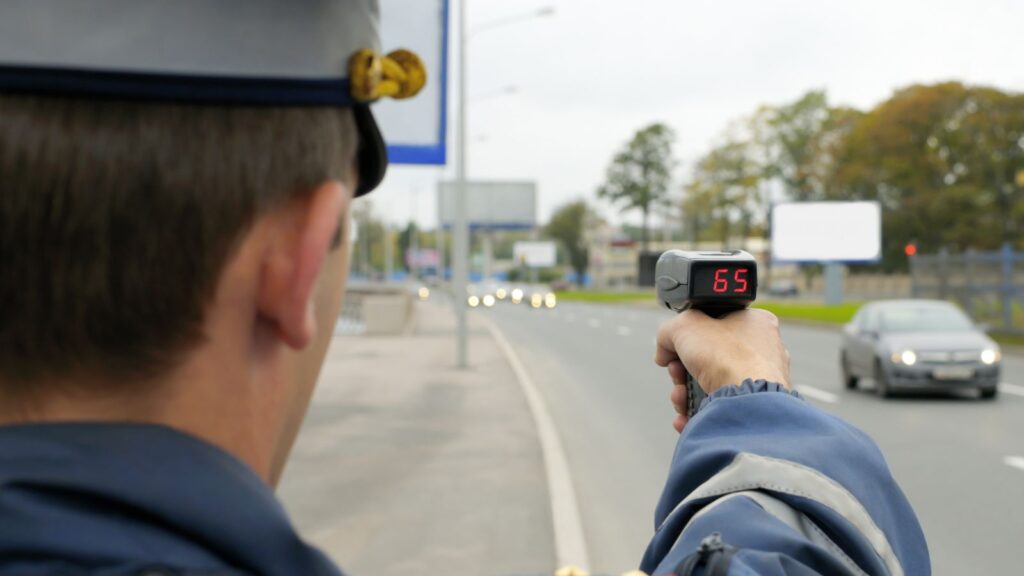
Very similar to “Do you know why I pulled you over,” “Do you know how fast you were going,” is not a question that you have to answer. If you admit to going too fast, that is an admission of guilt. If you say you don’t and you do, that is lying. Saying simply, “I am choosing not to answer,” is the best way to go.
Do Not Argue
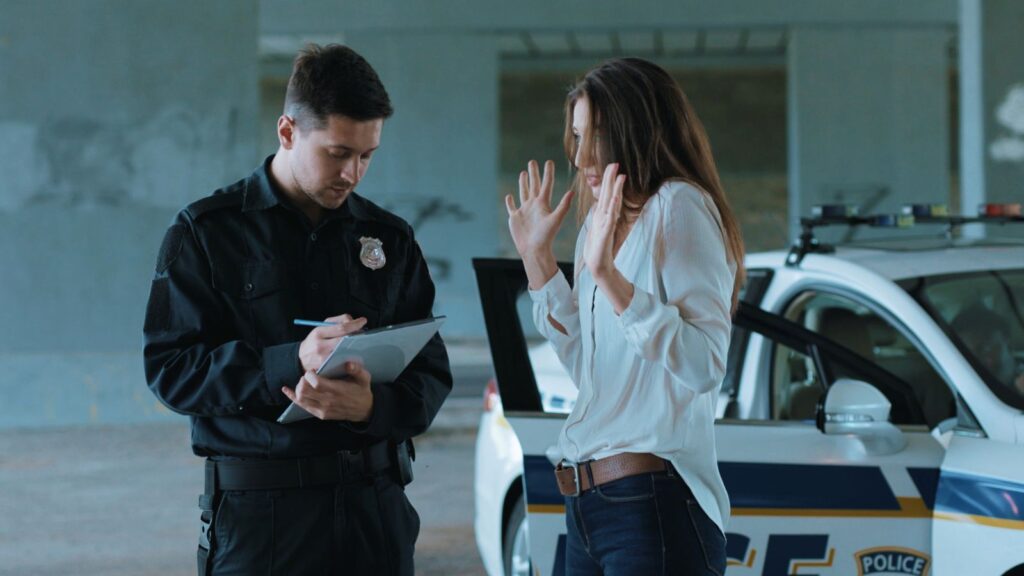
Regardless of what a police officer asks you, it is always best not to argue. If you say you decline to answer, leave it at that. Arguing with an officer is something that is supposed to be saved for court. It is also a great way to excite the situation and get yourself into hotter water. If they say you were speeding and you don’t feel you were, that is an in-court argument.
Don’t Admit Guilt or Fault
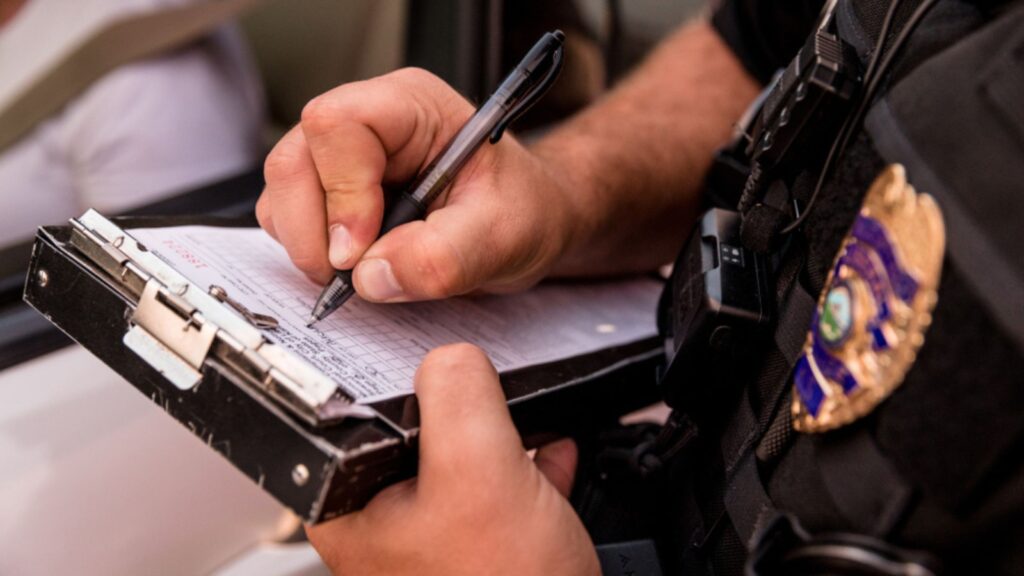
It is always important not to admit that you were doing something wrong. It is also important not to admit that you knew you were doing something wrong. The truth is always the best way to go, but not if you divulge information that you don’t have to and also things that can get you into trouble. It is better not to answer than to say something that might leave you in more trouble.
Be Polite and Don’t Panic
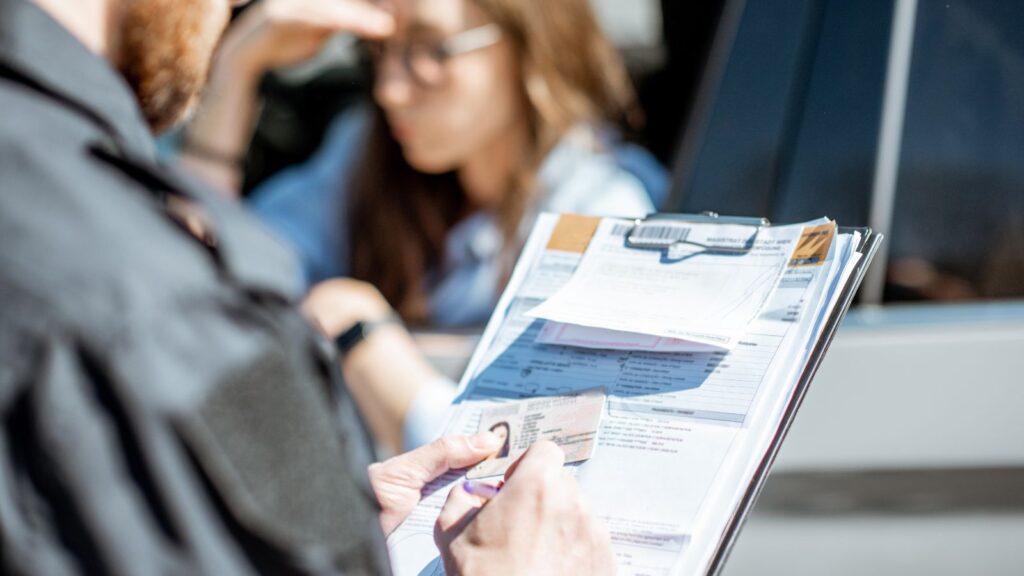
It is always best to try to calm a situation rather than excite it. Not answering a question, just not to answer, is probably not a good idea. But if you are uncomfortable about answering a question, then it is best to keep it brief. Also, if you feel as if you have done something wrong, then keep it to yourself. If you maintain a level head and show respect for the officer, things will go a whole lot better in the long run.
30 Traditional Sayings That Are Now Considered Offensive by Woke Culture

30 Traditional Sayings That Are Now Considered Offensive by Woke Culture
21 Habits Often Associated With Having a Lower Social Status

21 Habits Often Associated With Having a Lower Social Status
25 Social Issues Gen Z are Determined to Cancel

